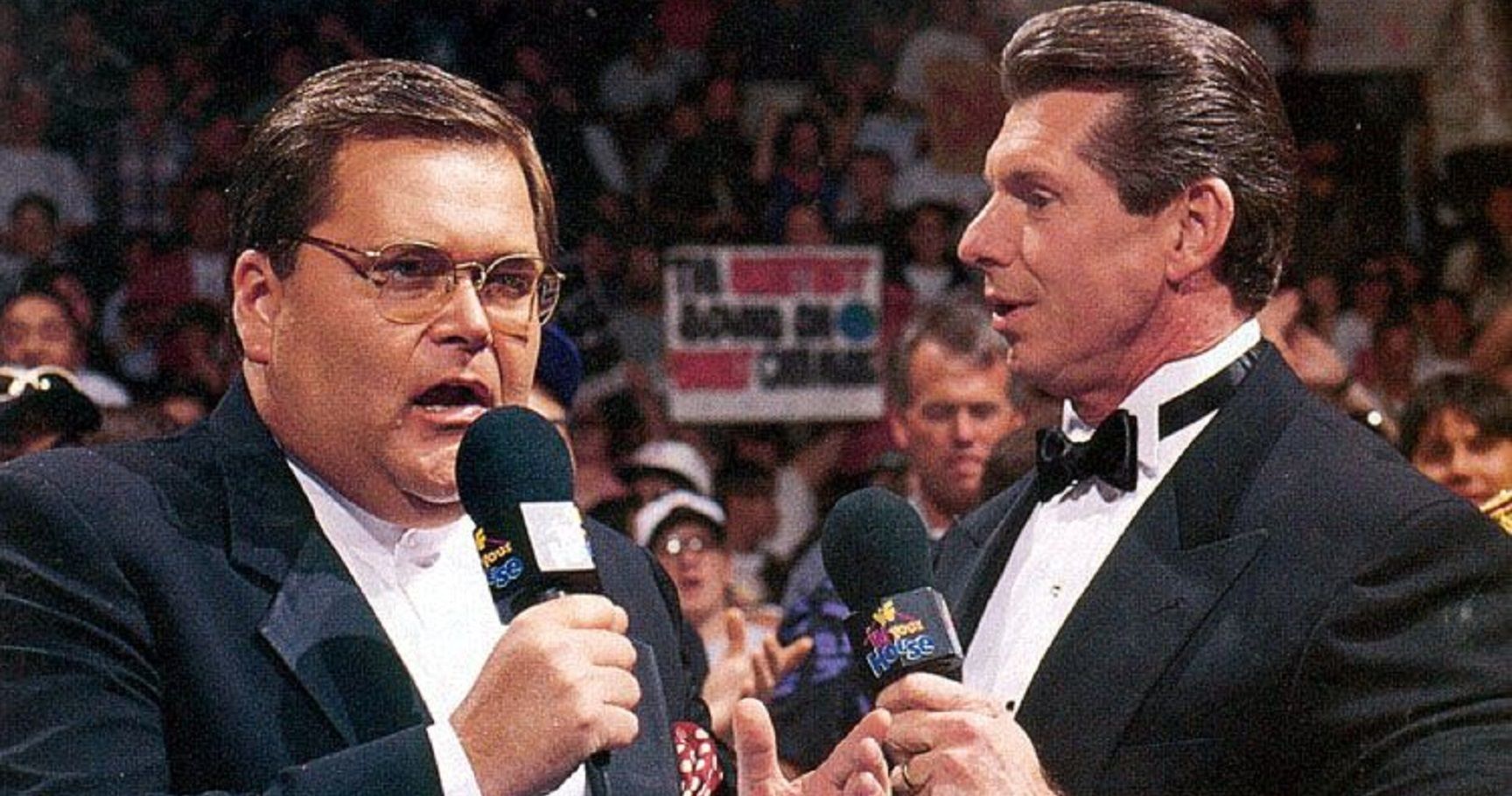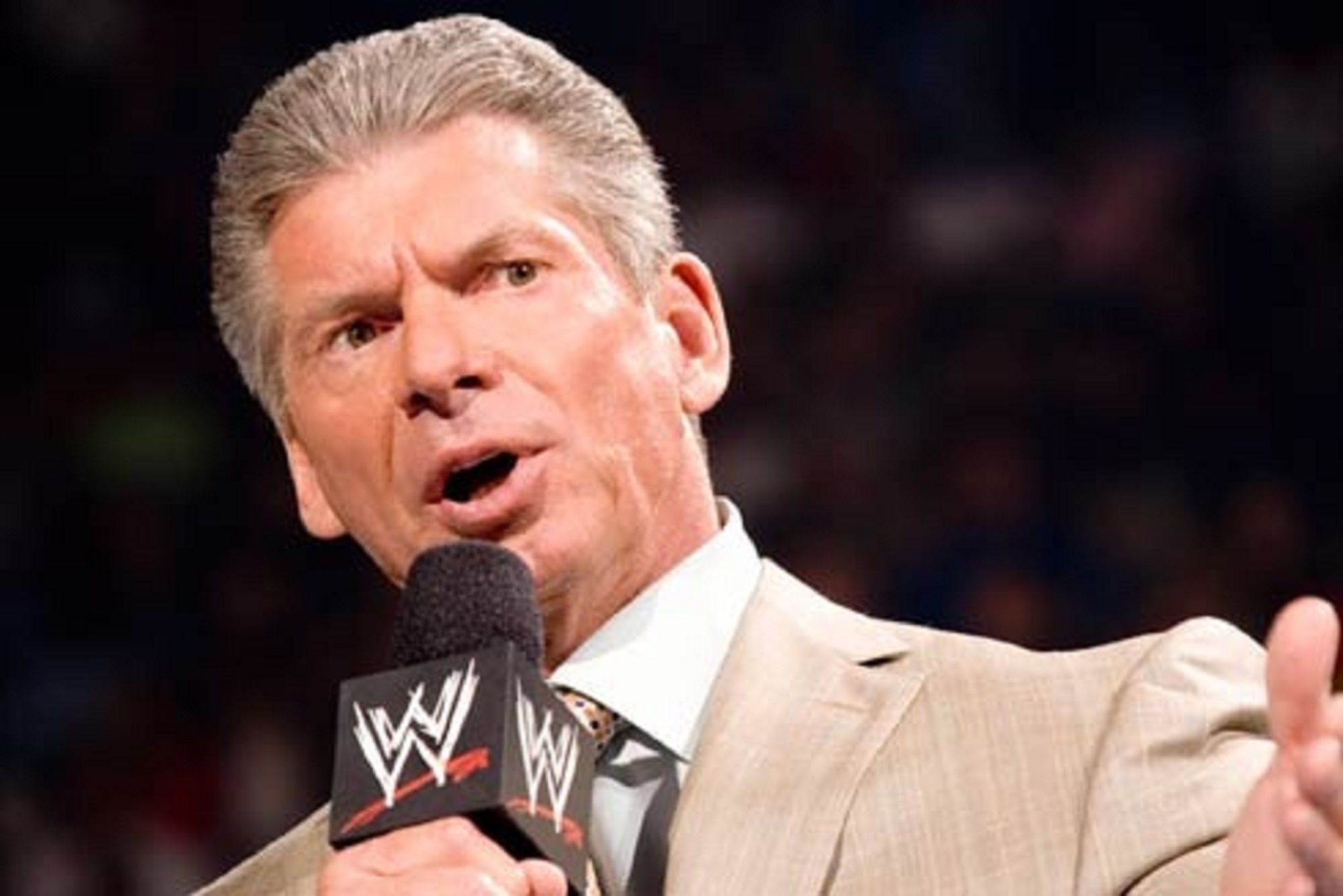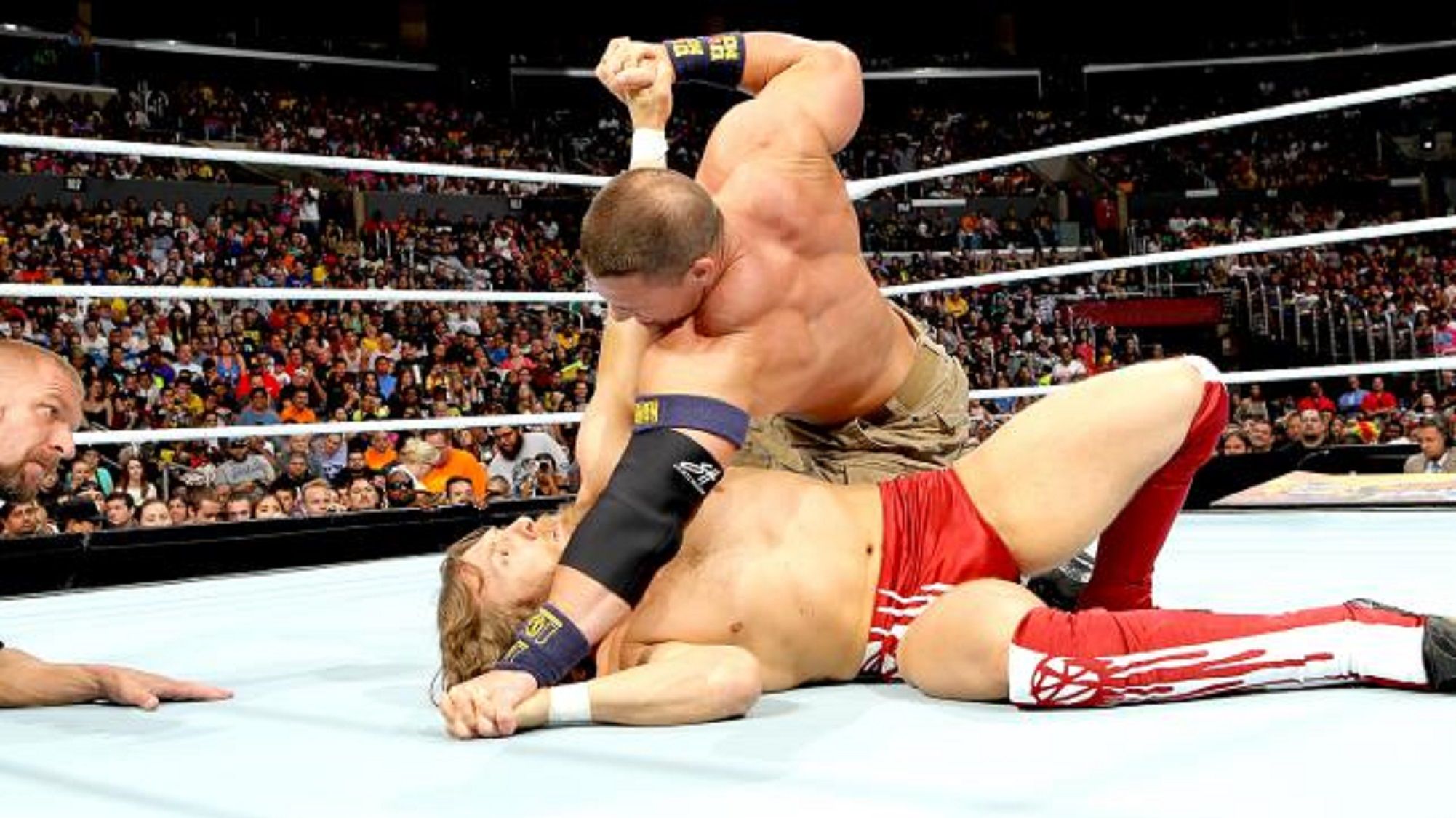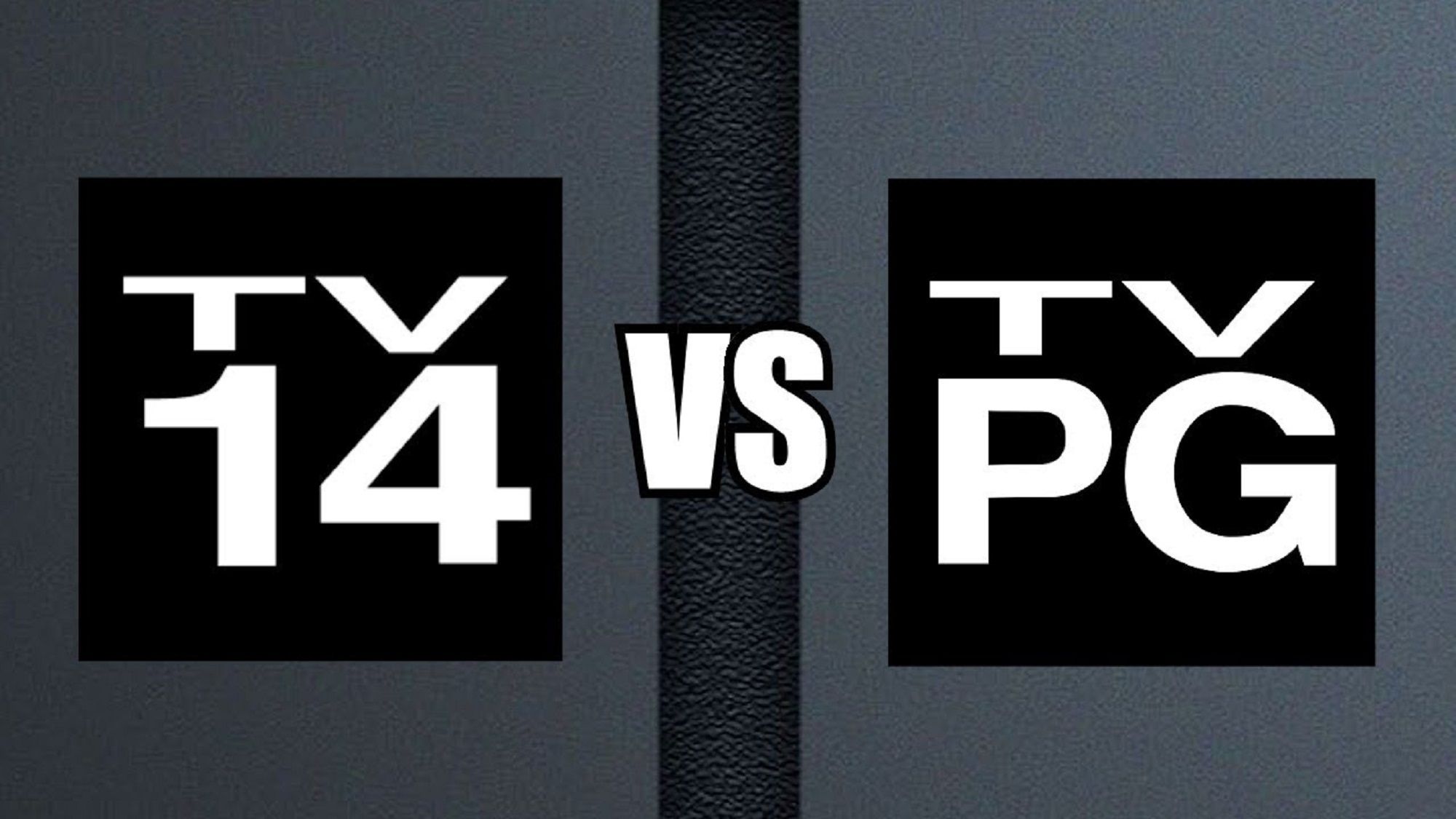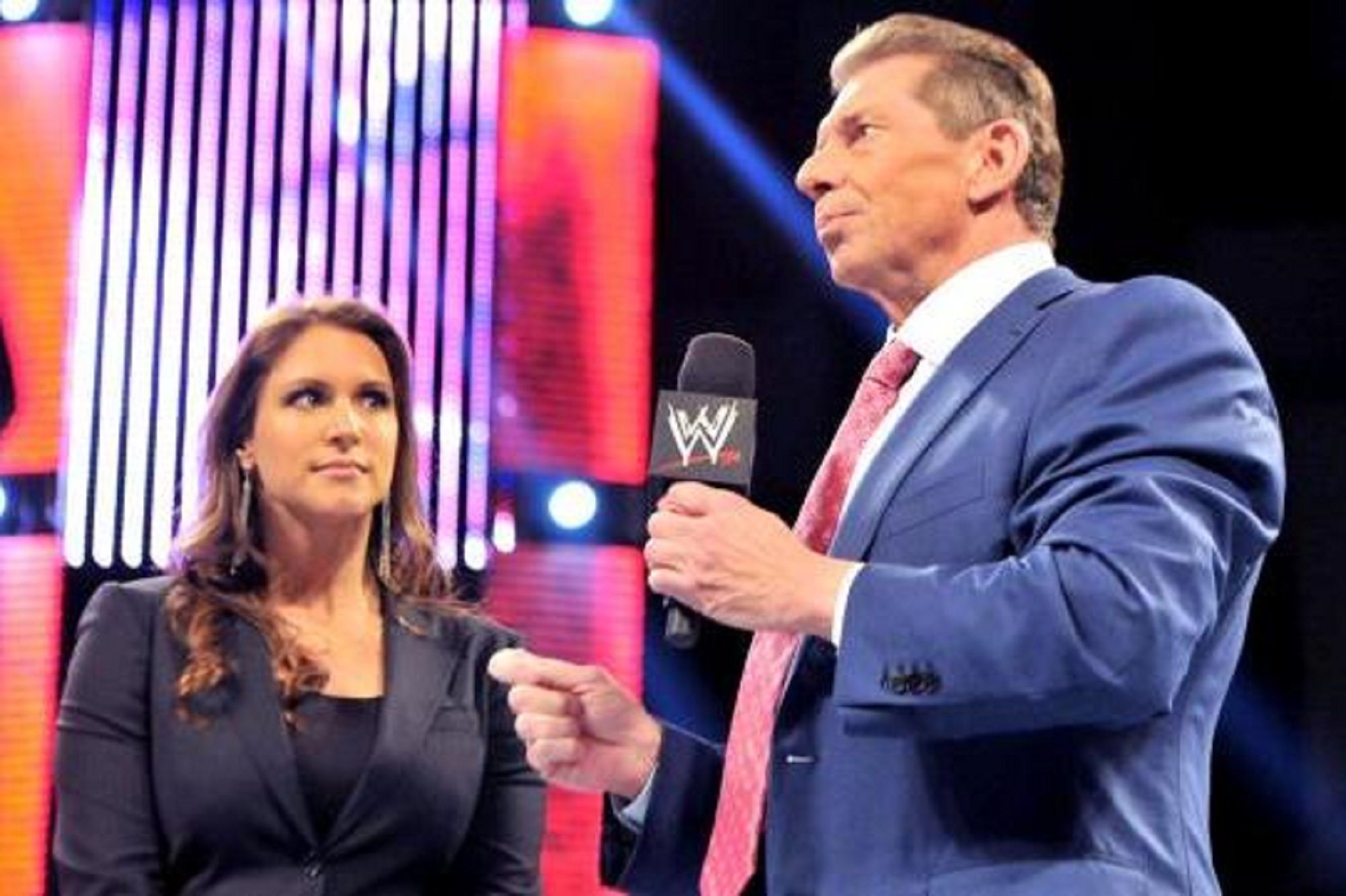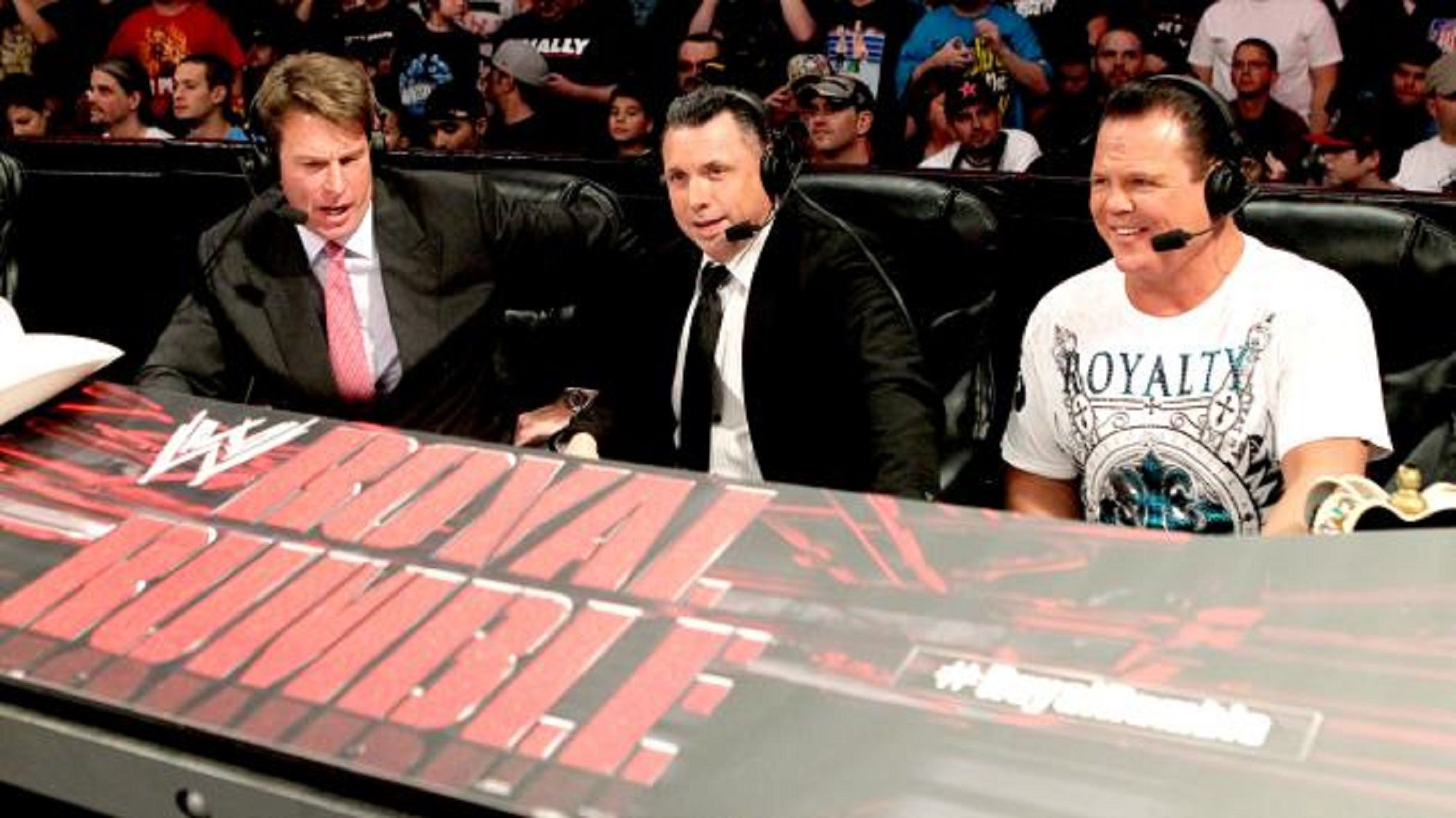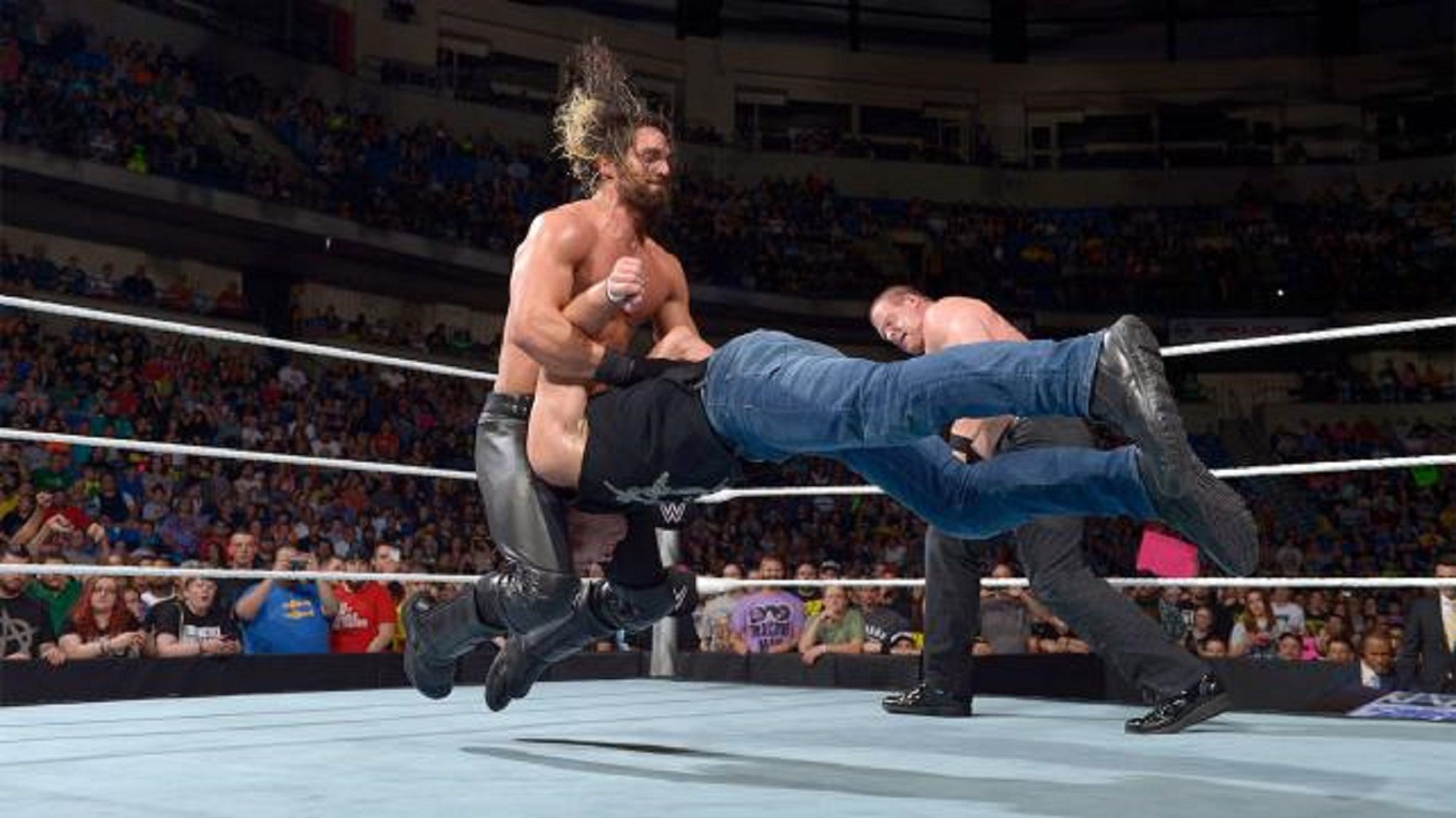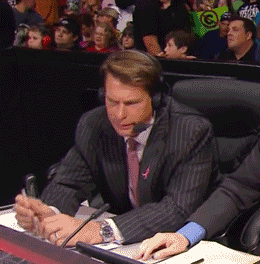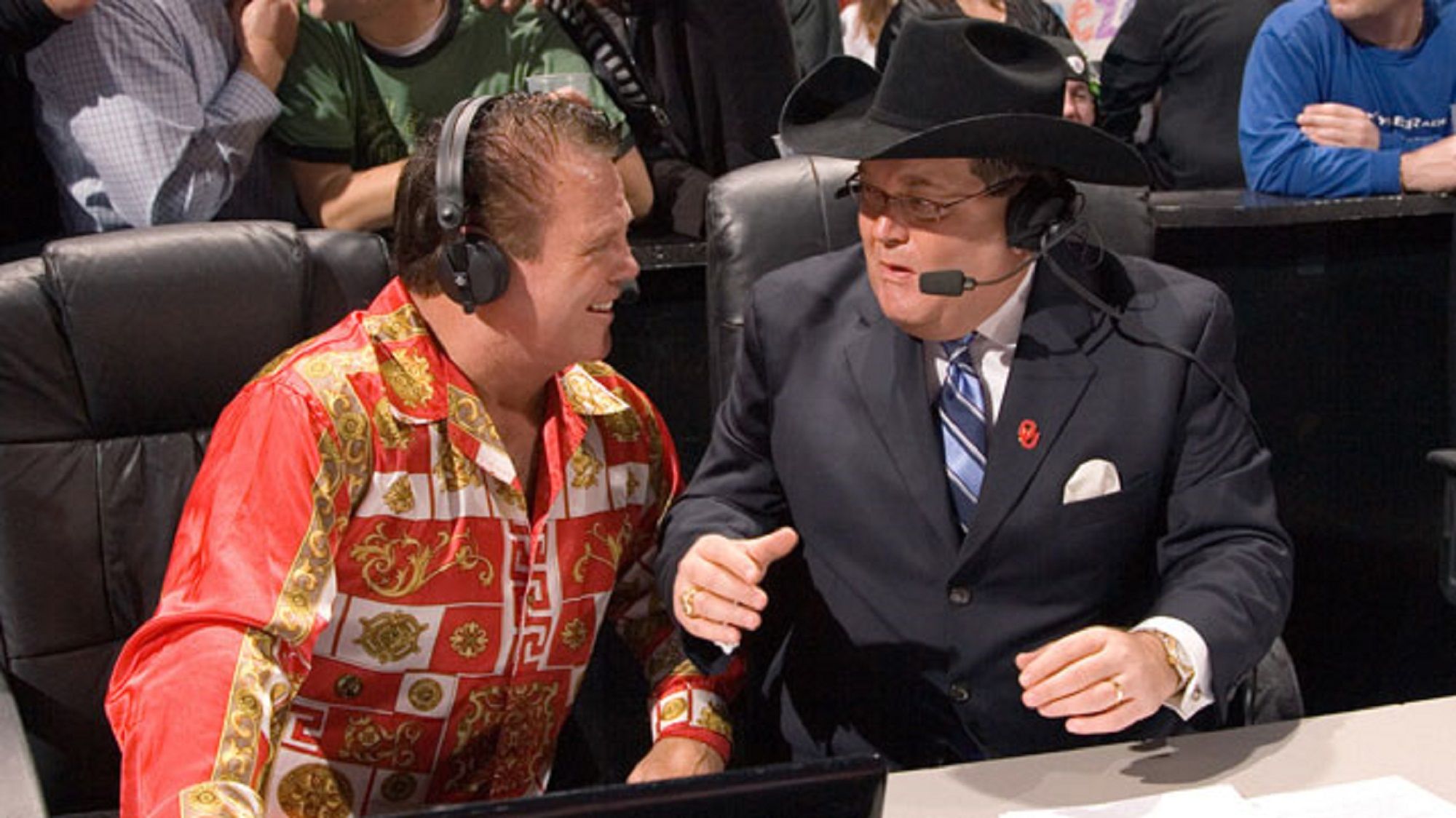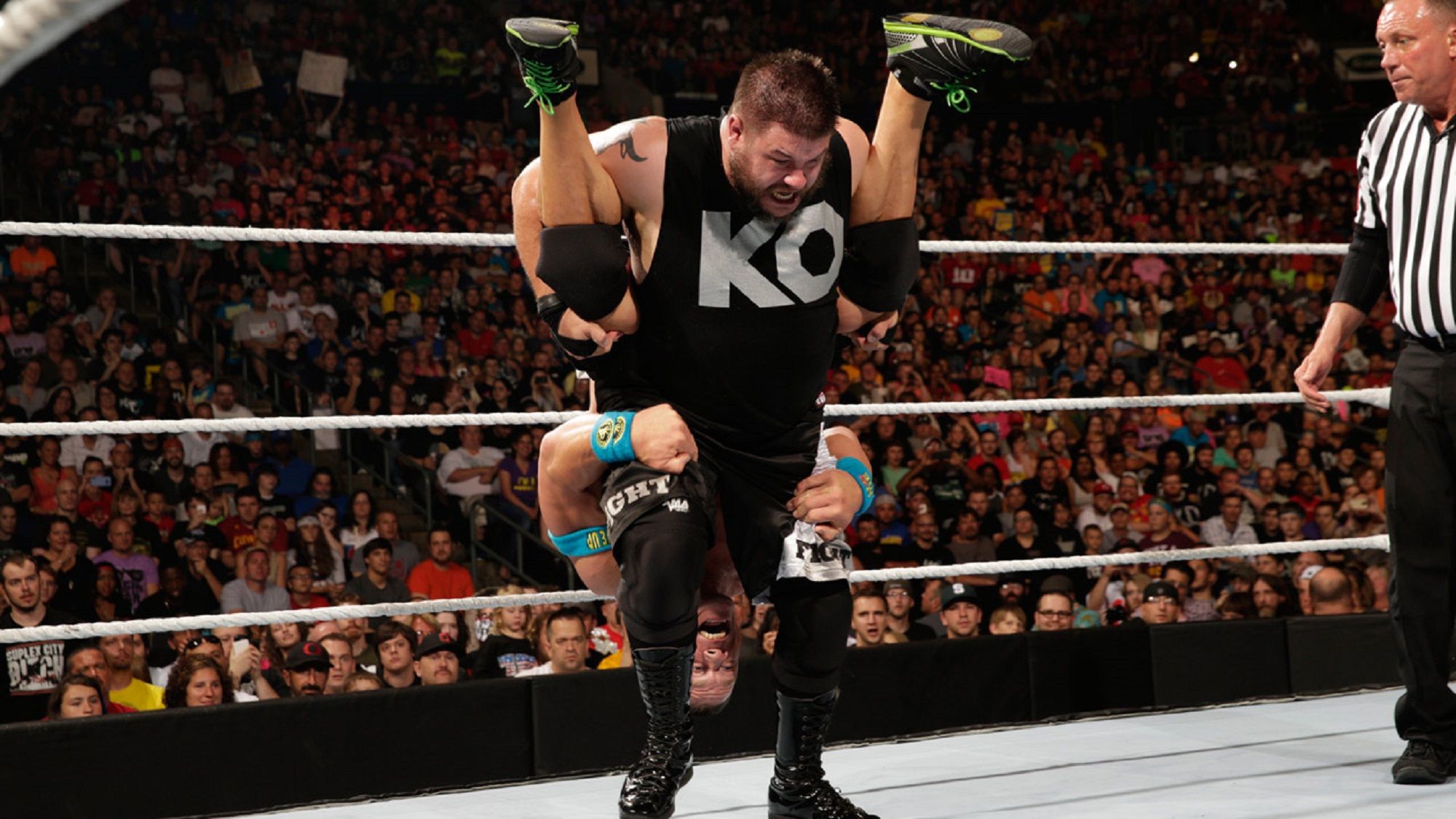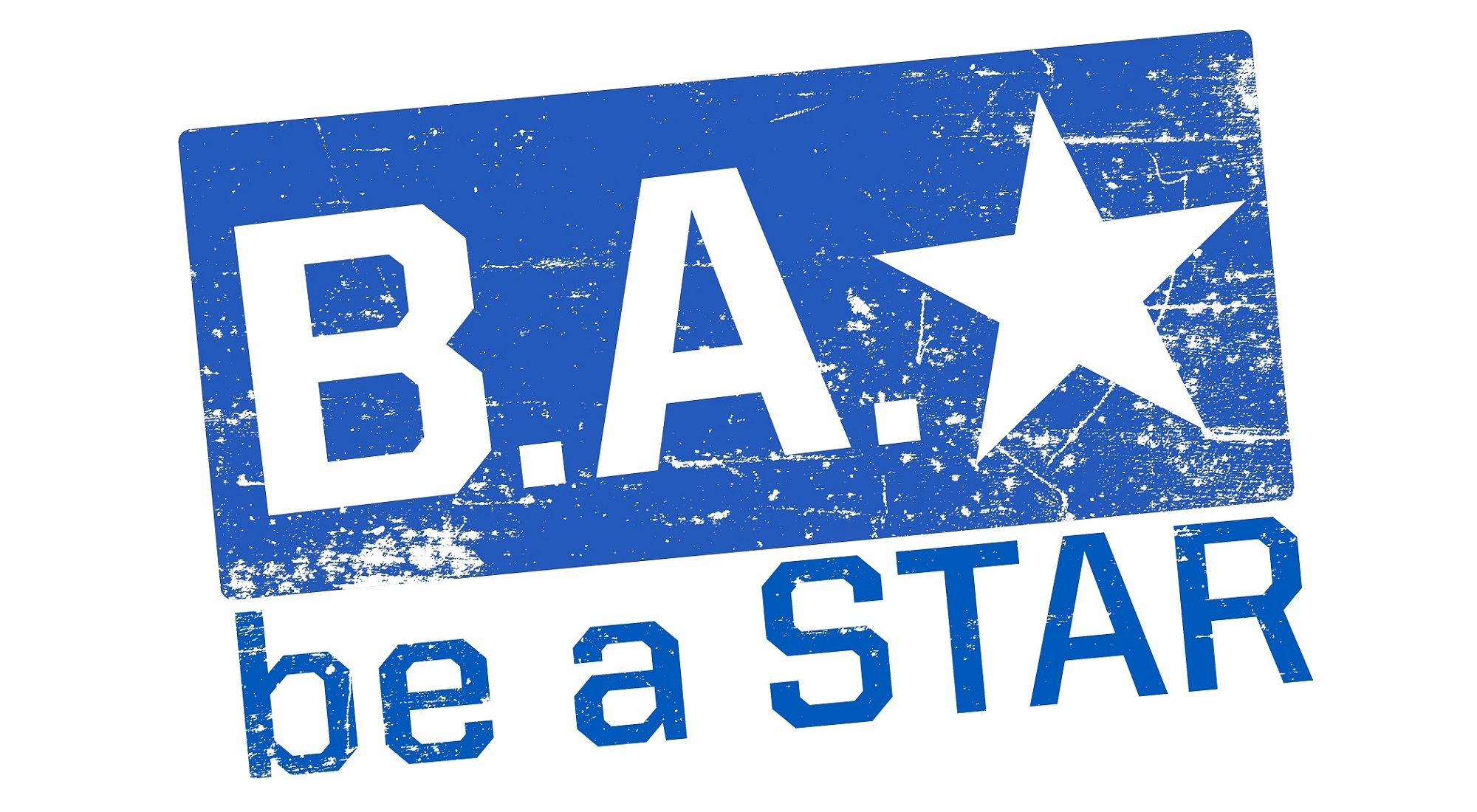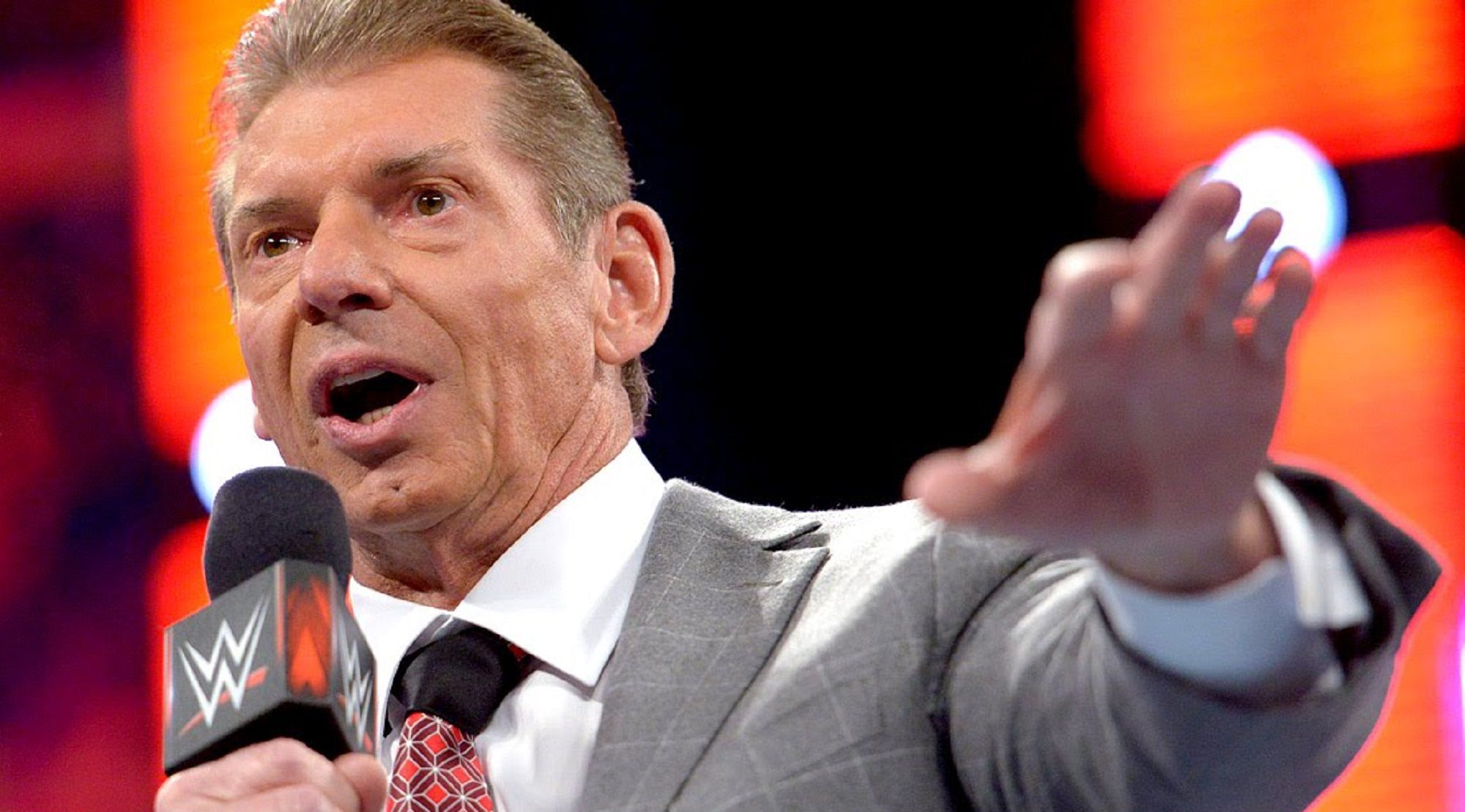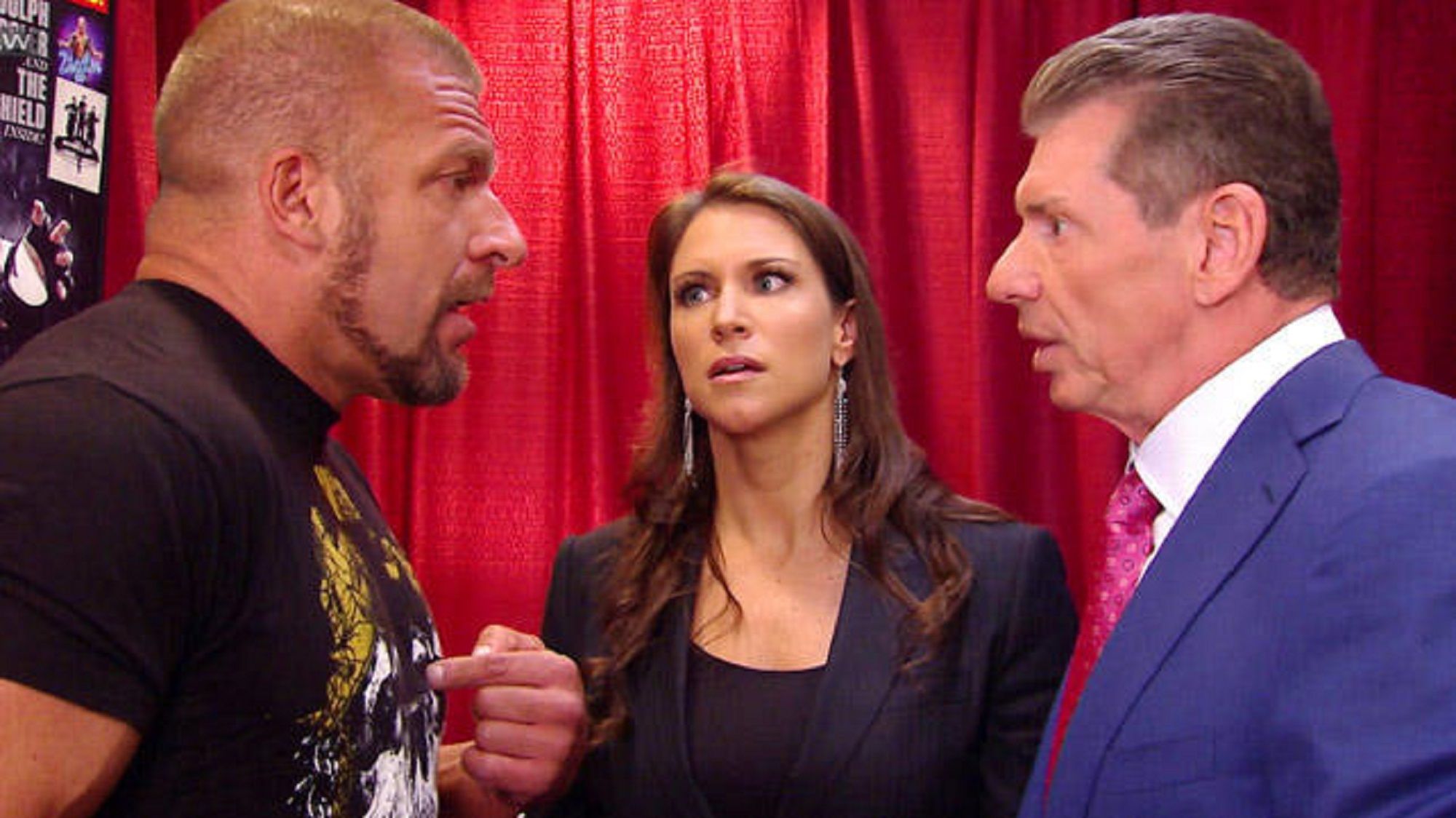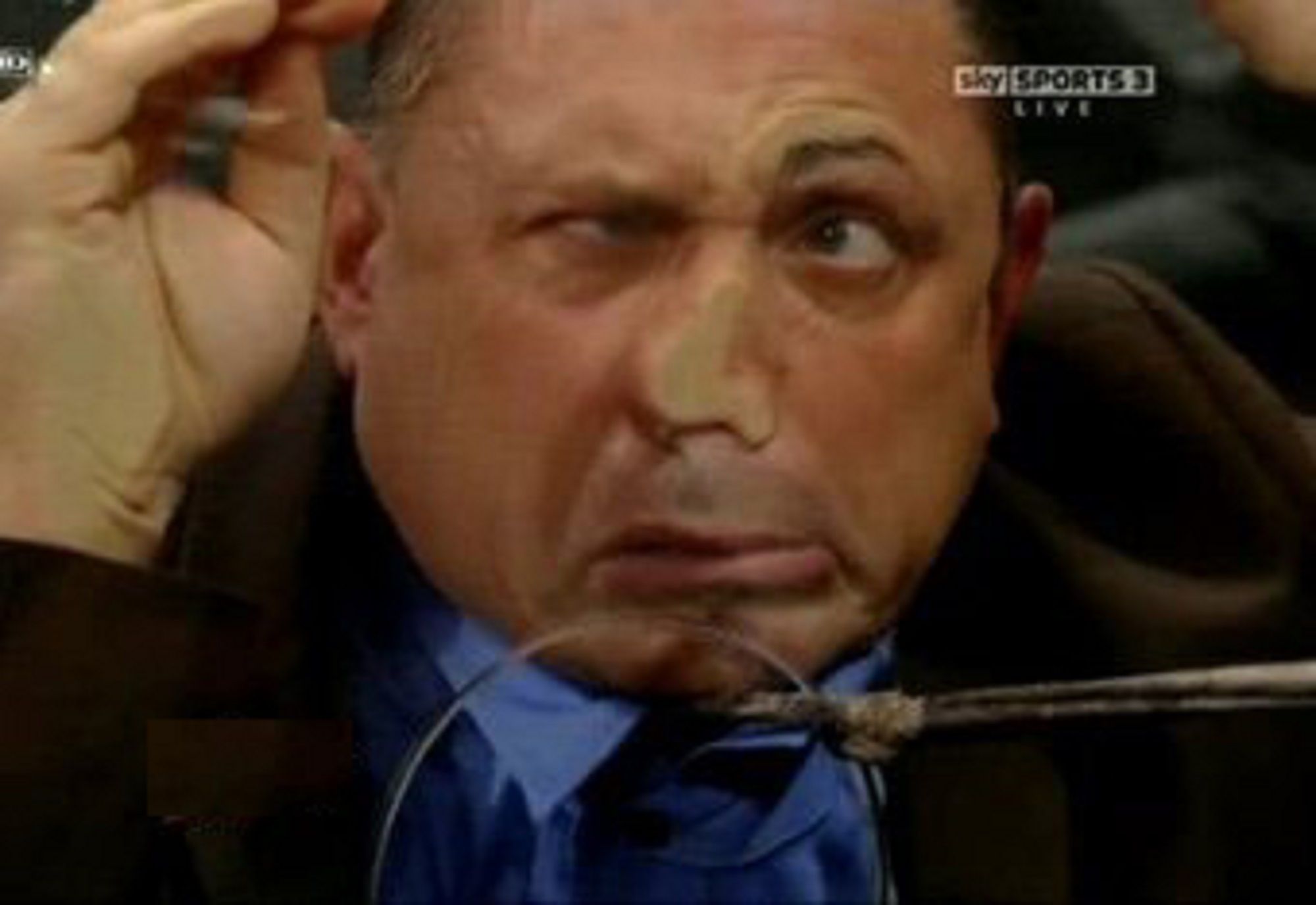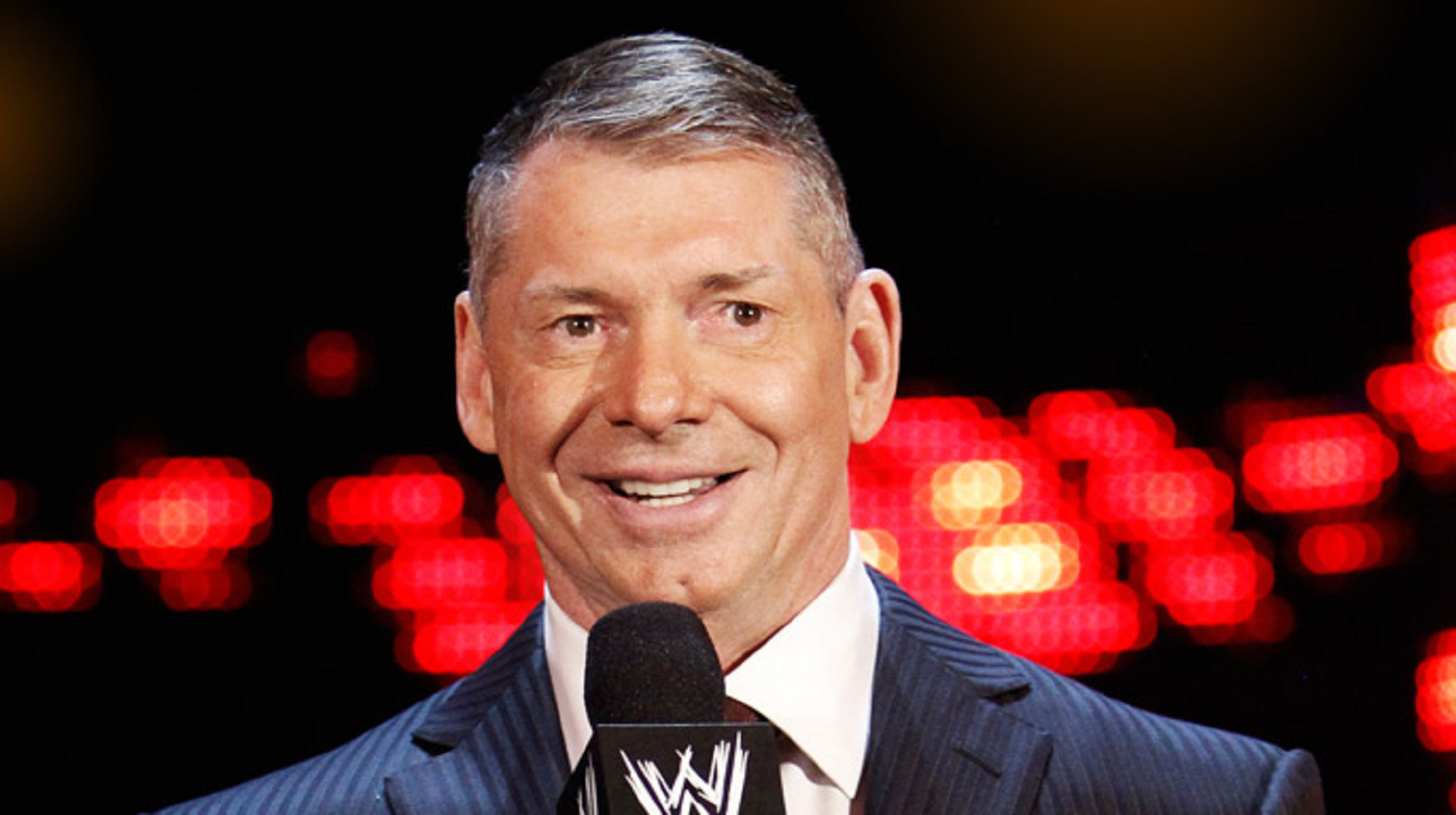Over the past few years many fans have complained that the worst part of watching WWE programming is listening to the commentary team. They reminiscence of the days where Jim Ross, Gorilla Monsoon, and Bobby Heenan's voices reigned, but are sadly disappointed from week to week with the current team. We may now have new insight into why commentary has changed so drastically in the past few years, and why it is a shell of its former self.
On July 7th, an interesting document was released on the Squared Circle, which is the subreddit for pro wrestling, that details WWE’s rules for commentators. The alleged leaked document is eight pages long, and seems to be a basic job description for the WWE announce team.
The validity of this leaked document has been questioned, as it is not on official WWE letterhead. It follows a simple bullet point format, and is sprinkled with notes from WWE executives that are initialed and dated. While it is true that this document could be fake, the rules and dates line up perfectly with the introduction of the PG era.
If the document is in fact real, then fans are in store for some behind the curtain access. While scripts for WWE television shows have been leaked in the past, they are far and few between, and only provide insight into one show. The release of a document like this outlines what is to be expected from the commentary team at all times, which provides an unprecedented level of knowledge for fans.
So if you want to know all the juicy details of rules that were included in the leak, but don’t feel like reading through eight pages of bullet points you are in the right place. We are going to list the top 15 most interesting revelations that we have learned from this document. If you see something that we may have missed be sure to tell us in the comments below.
15 15. Sports Entertainment is Dead
As per a note from “Big”, otherwise known as Vince McMahon, the phrase “sports entertainment died on October 16th, 2008. The phrase has been a mainstay in professional wrestling, bridging the gap between athleticism and showmanship.
The phrase had a good run, debuting in 1997 as an on-air term during McMahon’s infamous Attitude Era promo.. “Big” noted that he would rather the commentating team substitute the word “entertainment”, in turn dropping the word “sports” from wrestling.
14 14. Cover Ups For Match Calling
While not all things in a match are supposed to be mentioned (we will get into that later), one action that is to be addressed by commentary, is when conversations are being held in the ring.
If the camera catches a wrestler talking to either their opponent or the referee, the commentators are supposed to redirect it for the audiences. This is most likely to divert the audience before they actually realize that performers are calling the next move in the match.
13 13. Time Lines Give Credence To Document
While the leaked document is new to fans, it seems that this particular version of the commentary rules is actually quite old. The timeline that we can confirm based upon actual dates listed on the documents are from March of 2008 until May of 2010.
The earliest dates on the document aligns nearly perfectly with the introduction of the PG era in WWE. We can assume that a bulk of this document was created specifically for the shift in programming, which would explain the huge change in verbiage.
12 12. Notes From Officials
While we don’t know who wrote most of the document, we do know that specific notes were placed in it by high ranking WWE officials. Specifically there are six notes directly from Vince McMahon, two from Stephanie McMahon, two from producer Kasama Bhasathiti, and one from producer Kevin Dunn.
We could assume that the rules were created by these four officials, but the fact that they were labeled with specific initial markers, leads me to believe that there is another producer that wrote most of the bulk. If this assumption is true, it means that a team of at least five was established just to create rules for commentary.
11 11. No More Dirt Sheets
In what was a brief comment by Vince McMahon, it was instated that commentators are prohibited from reading dirt sheets. before we go any further let’s dissect the actual words used by the Chairman:
“Tell them to STOP reading the dirt sheets. Announcers need to understand what makes a match a good match”.
By looking at this quote, we can assume that at one point announcers were regularly reading dirt sheets, and it was well known by management. More importantly, we know that McMahon thought that some commentators didn’t understand what a good match was. We can only speculate on which commentators were using dirt sheets to form opinions about the WWE product, as no names were mentioned.
10 10. Only Call Signature Moves
Near the end of the document under the heading of “Tell Stories”, there is a paragraph discussing how the announce team should be calling action. It turns out that WWE encourages their commentators not to call every move. Instead management would rather have commentators call only “high spots and three counts”.
In recent years this style of commentary has become increasingly prevalent, with a disconnect happening between the action in the ring, and the voices of the match.
We now know the disconnect isn’t the fault of Michael Cole, or JBL, but rather of WWE management forcing the team to “tell stories” about the Superstars, instead of telling the story of the match. Equipping this style of commentary eliminates the need for a play by play analyst, effectively making the commentary team one dimensional.
9 9. No Talking...No Problem
There are times when the commentary team just doesn’t speak, and now we know why; according to WWE management:
“Nobody likes someone talking in a movie theater. We make movies. It is not necessary to fill in every moment with verbiage.”
Harking back to the previous entry on this list, if all commentators are one dimensional, and talk about the same thing, they run out of things to talk about and they get quiet until the next high spot. There are times when the audience is in shock, where the effective use of dead air can convey the serious nature of the situation, but that instance is best when used sparingly.
8 8. Don't Scream!
Some of the most memorable calls we as fans can remember are when Jim Ross so passionately yelled a spot or a finish. Heck, even Vince McMahon was about as animated as an announcer could be. However, it seems today's announcers are ordered to keep their voices in a relatively tame tone, safe for the climax of a match.
"There is nothing more annoying than to listen to an Announcer scream at you for over an hour... DON'T EQUATE SCREAMING WITH EXCITEMENT"
While it is true that we don't want to hear screaming throughout the action, commentary has seemed dull in recent years and there are times where we could use a little more animation.
The document also says, "ANNOUNCERS ARE NOT THE STARS", but one look back at a broadcast with Gorilla Monsoon/Bobby Heenan or Jim Ross/Jerry Lawler paints a different picture. Commentary works best in wrestling when the announcers are characters themselves.
7 7. No Superlatives
Commentators have been asked not to assign superlatives to Superstars, as well as matches. Specifically in regards to Superstars, commentators are supposed to keep observations “believable and plausible” steering clear of calling anyone the “greatest of all time”.
Additionally Vince McMahon himself has banned anyone from using the phrases “'5 Star Match' or 'Match of the Year'” while discussing great matches. Ironically the note about not using “Match of the Year” came on April 15th in 2009, the same year that featured a Slammy Award with the same name.
6 6. Talk Using Sound bites
Announcers are encouraged to speak in sound bites when calling a match. The general idea of speaking in soundbites is so that editors can have better clips of audio to use while putting together video packages. Think of the great video promos of the past, and how it seems that the audio was cut in perfectly from commentary.
A problem with this type of commentary is that it is hard to tell a long form story while speaking in sound bites; they are usually short and choppy in nature. Management states on many occasions that they want commentary that can tell stories; so while WWE encourages storytelling, it discourages long narratives necessary for explaining those stories.
5 5. Hatred is Banned
While many words have been banned by WWE, one of the most interesting words on the list is “hatred”. According to the leaked documents themselves, the commentators number one priority is to get talent over, which is good, but ineffective without certain terms.
How can fans (another banned word) truly love a babyface, if we are not allowed to hate his adversary? The announce team can't build up an effective feud (another banned word) without mentioning the hate in their relationship.
Wrestling is an entertainment product, stacked with heroes and villains, and is not fair to ask fans to love the good guys without hating the bad ones.
4 4. Speaking of Banned Words...
The WWE sure has a long list of banned words and phrases which include:
“Belt, strap, the business, our industry, feud, war, performance, performer, choreograph, house show, backstage, pro wrestling, international, short (title shot), acrobatics, interesting, DQ, talent, me, heel, baby face, blown up, shoot, rib, mark, U.S., fans, hospital, faction,choke, on sale, the title is on the line”.
Let's break this list down a bit. Some of the words and phrases on this list do in fact make sense, such as wrestling insider terms like babyface, mark, shoot, etc... Some however make no sense at all, for example the banning of the word hospital. Why would the WWE actually have a problem using the word hospital to describe where a Superstar goes to get treatment?
The list is very large and seems to be growing with the recent news that WWE has banned the word "back-breaker".
3 3. Hypocritical Beliefs
In the previous entry we listed a ton of words that are banned, but ironically enough, many of these terms have been used on air by commentators and talent since 2008 . In recent years WWE, and more specifically Triple H have made a catchphrase using the phrase “best for business”. Now is this a phrase that is exempt because it doesn’t have the word “the” in front of the word “business”? Or is this allowed because Triple H has loosened the handcuffs for the on-air verbiage?
Our bet is that the reason for these conflicting actions is because WWE is hypocritical and lazy towards its own rules. This could be the case, as the word “choke” has been banned on commentary, especially when used to describe “choke holds”, favoring the phrase "submission hold" instead. Interestingly enough, we have consistently seen the “chokeslam” performed since 2008, and that name hasn’t been changed since then.
2 2. Lots of Rules
With eight pages of rules, the announce team has a lot of guidelines to adhere to throughout a broadcast. WWE has gone through a ton of commentators through the past decade, and this laundry list of regulations could be the reason why.
WWE Legend Mick Foley has gone on record as stating that he hated doing commentary for the company in 2008. The now public list of rules, mixed with Vince McMahon's voice always in headphones proved to be much for Foley, and likely all other commentators who didn’t last long in the position.
To those of you who will say that announce teams from the past did a better job of commentating please remember keep the following in mind. The WWE was not PG before, so many words were not as taboo as they are today, and most importantly, Vince McMahon was an on-air talent for many years; meaning he was not screaming at commentators through their head sets for breaking rules. This gave guys like Jim Ross, Jesse Ventura, and Gorilla Monsoon more room to improvise on the fly.
1 1. WWE Has Good Intentions
While the rules are ridiculously long, drawn out, and excessive, it appears that WWE actually means well by them.
I know what you are thinking right now, but honestly most of this leaked document are explanations of the most effective way to get talent over. Announcers are encouraged to do individual research on Superstars, and bring their own unique perspective to the booth. In theory this would allow audiences to hear three unique perspectives on the same person, creating a deeper investment in their character.
Whether or not you agree with their method of getting talent over is up to you, but it is undeniable that this set of rules is intended to make WWE Superstars look better. WWE should at least get some points for that...right?

